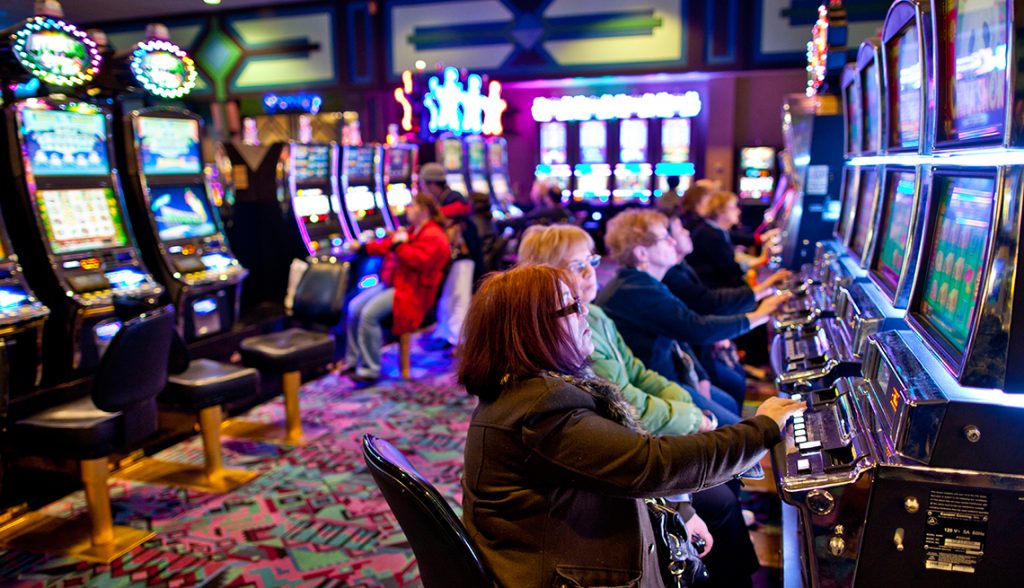As the gambling industry booms, aggressive marketing targets older patrons

Casinos use marketing ploys to target older patrons — and empty their wallets. — Mark Peterson/Redux
Beauford Burton had enjoyed the occasional poker game in his youth, but in his 60s the slots hooked him. He and his wife, Sharon, started making the 2 1/2-hour drive every Friday from their home in Kings Mountain, N.C., to Harrah’s Cherokee Casino Resort, where they won occasionally but lost more frequently. In one year, he lost about $50,000, nearly the equivalent of his annual salary as a manager in a textile company.
They often stayed longer than they’d intended—many times the casino would offer them a free hotel room Saturday night. Burton can’t remember ever paying for a room. He had access to an exclusive bar with free drinks and food, preferred seating in the restaurants and suite upgrades in the hotel. Harrah’s once flew the couple to its casino in Laughlin, Nev., and covered all their expenses—except, of course, what they gambled.
In the end, Burton knew that all of the freebies weren’t really free, and that he had paid for them tenfold with his losses. “I have always known you don’t get something for nothing, but I fell for it,” he says. “It’s the good old devil at work.”
Over four years, the slots drained more than $100,000 from Burton’s 401(k). But he kept playing. He cashed in a life insurance policy, took out cash advances on his credit card and gambled away Social Security checks meant to pay utility bills. Finally, in 2008, the gambling habit took his home.
By then, he was playing in a panic, betting up to $15 to $20 a spin, chasing his losses and pursuing the one illusory jackpot that he hoped would save him. “As you start to lose, you think, This is a luck thing, my luck is going to change,” says Burton, now 73. “But the more you go, the more you lose. It ends up in desperation. I can see how people get so deep that it causes them to take their own lives, because it gets really, really bad.”




